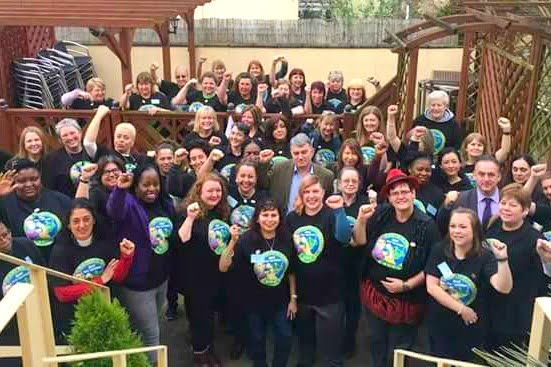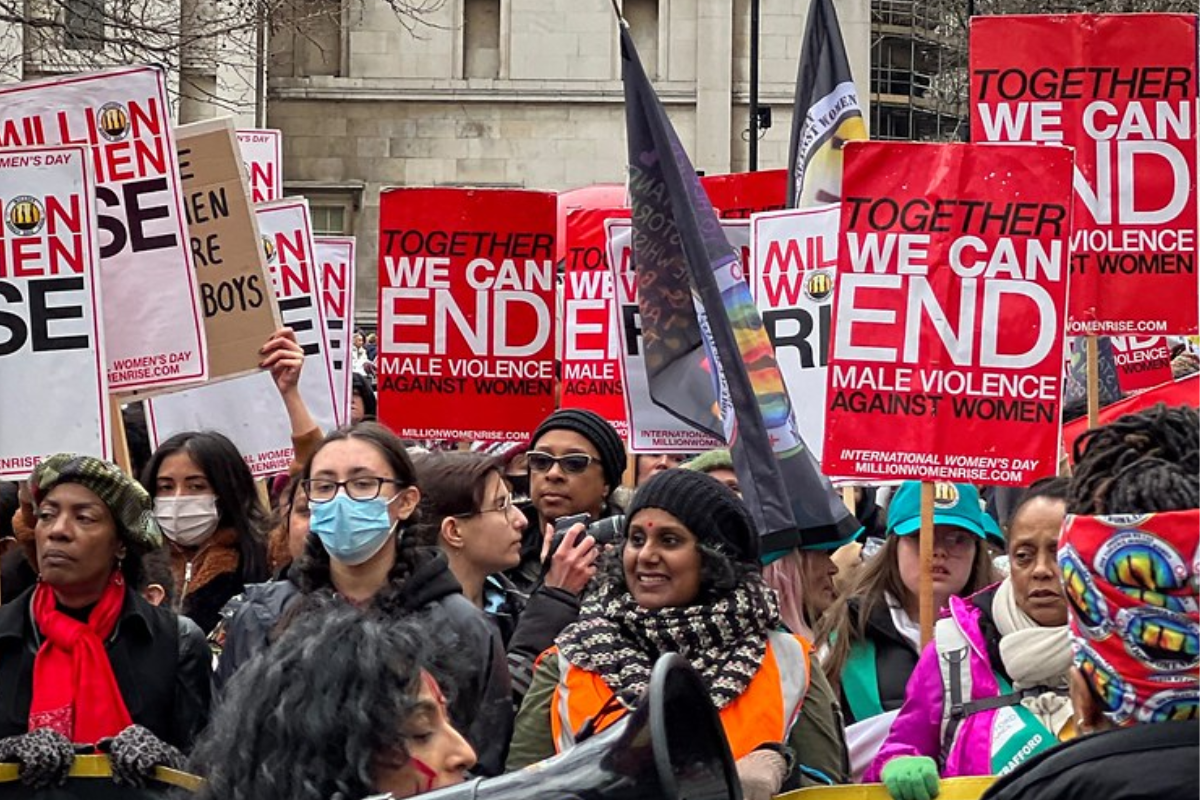Pakistan’s history is rich in struggle, with waves of strikes, mass movements, and revolution. At the forefront of that struggle have been Pakistani women, some of the most heavily and harshly oppressed women in the world. Speaking at the 2017 RMT Women’s Conference, Vic Dale reports on the terrible conditions facing Pakistani women.
What a privilege came my way earlier this year in March, with the opportunity to address the 2017 RMT Women’s Conference, which was held on the Isle of Wight. The subject was the plight of Pakistani women.
Pakistan’s history is rich in struggle, with waves of strikes, mass movements, and revolution. At the forefront of that struggle have been Pakistani women, some of the most heavily and harshly oppressed women in the world. It is their natural militancy which causes the ruling class to enact strict misogynistic laws to keep them down. Even so, they continue to join trade unions and play a key role in shaping Pakistan’s revolutionary history.
Life for the majority of Pakistani females is one of drudgery and misery – forced into marriage to a husband she does not love, or simply sold to an older man who wants his personal slave. And a slave she becomes, often beaten without reason or for his pleasure, and possibly murdered as she ages and loses her youth. If she refuses marriage, she brings dishonour on her family and her father; relatives may make her the victim of an honour killing.
If she runs away, she can be stoned or burned to death in the village square. If she is raped, she must produce witnesses or face a charge of adultery – and of course, the testimony of a female is worth ten times less than that of a male. If her husband gets tired of her he may frame her for adultery, or his family might do it; alternatively she may become the victim of a “kitchen accident”.
Coroner’s courts in Pakistan are well aware that “the Pakistani female is notoriously clumsy” and liable to pour boiling fat all over herself and set the kitchen afire into the bargain. It is labelled “kitchen death”, and the proof that it is a sound judgement derives from the fact that so many women go that way. More than 1,000 women are burned to death in the kitchen by their husbands or his relatives every year.
When a girl is born into a working class Pakistani family, she immediately becomes a burden and is allowed to think about nothing else but her marriage – to be made as soon as possible and to whomever. She owes her family a heavy debt of honour, and on marriage she has the same burden of honour to her husband’s family also. There is no escape.
The crisis of capitalism has reduced wages in Pakistan to such a degree that a single wage cannot now pay the rent. Women must therefore go out to work in some sweatshop, in addition to the daily drudgery of maintaining a comfortable home for her husband and his relatives and providing good food. At work she will instinctively join a union, as it is the only way to achieve an increase in wages. Women’s wages may be 30-70% below that of men for the same work.
Pakistani female trade unionists automatically look to socialism to end the hell into which they have been born, hence their natural militancy, often moving well in advance of their trade union brothers. This goes hand in glove with the experience of female workers worldwide; those closest to the crisis are often the first to move, as was the case 100 years ago, when the women of St Petersburg (Petrograd) struck against their employers and led the men in other workplaces out onto the streets, thus firing the starting gun for the mighty Russian Revolution of 1917.
As I spoke of all this at the RMT Women’s Conference, I could feel the growing excitement and see it written in the faces of my wonderful and animated audience. I am sure that these working class women will have a good understanding of life for their sisters so many miles away, and doubtless will want to find out more in order to support their struggle.






